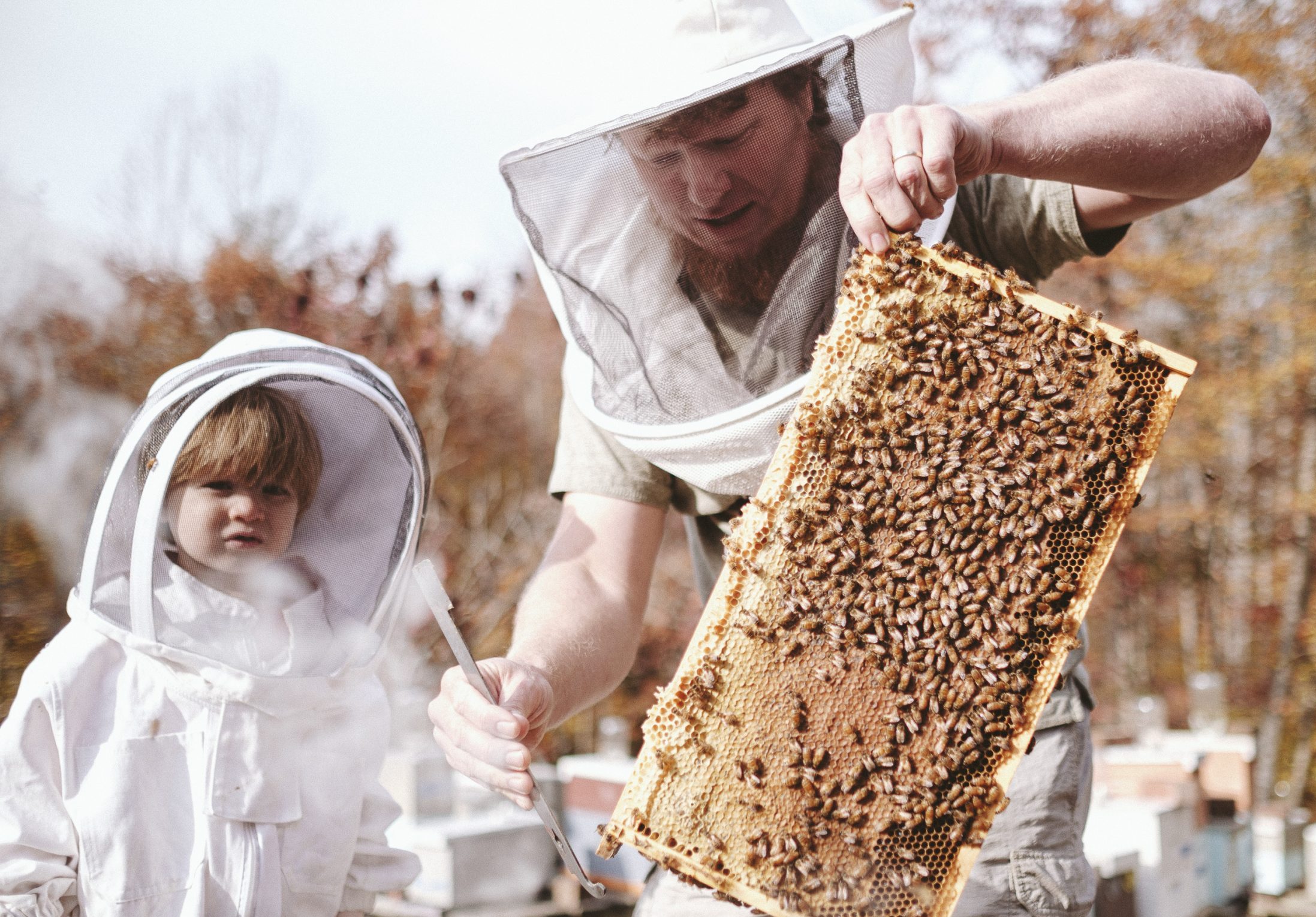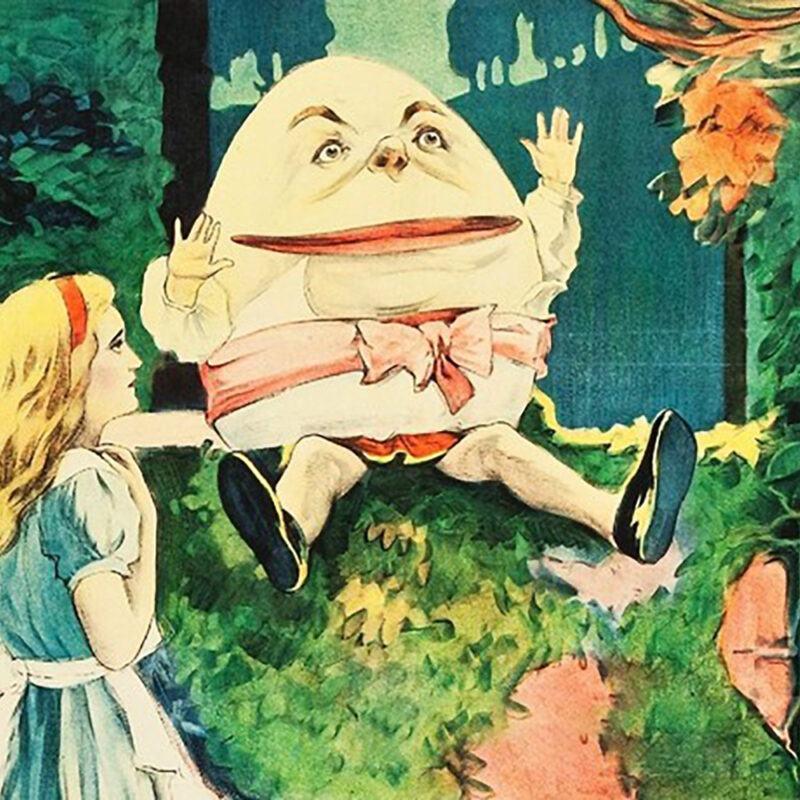By Carrie Meslar
A jar of honey seems like a simple thing. One ingredient, most often drizzled or spooned out in those hazy first hours of the day. Yet, to bring that honey to the table is an involved year-long process that offers little rest for those who decide to take up the challenge.
For Ryan Williamson of Sourwood Farm, beekeeping is a family affair. With both his father and father-in-law having raised bees, the hobby, in partnership with his wife, has grown into an all-hands-on-deck business that includes even the youngest members of the Williamson clan.
As winter approaches, things slow down for area beekeepers, but they certainly don’t stop.
From the outside, an apiary appears quiet, but there is important activity taking place within the hive. It’s a common misconception that bees hibernate, when in fact they cluster together around the queen, shivering and moving their wings to generate heat.
Outer bees rotate inwards, so the cluster is in constant motion. This process takes quite a bit of energy, and requires the bees to feed on the stores of honey in their hives. Beekeepers often supplement this honey, or in off years, completely rely on the feeding of sugar to the bees to keep them alive.
Williamson notes that it is important that this feeding process ends in late winter, ensuring that when spring comes, and bees venture out to start collecting pollen, the chambers of the hive that will be pulled for honey are free from added sweeteners.
In central Virginia, beekeepers keep a close eye on the weather, hoping for a winter that isn’t too windy, and a spring that doesn’t come too early or with buckets of rain. The nectar flow begins in late spring, and the production of honey requires bees to have access to forage from plants, beginning with the blooming of various tree blossoms and dandelions, through the arrival of the golden rod in late summer. Most beekeepers can begin to pull honey in late May, and, depending on the conditions and the location of the hives, some are able to pull a fall harvest without compromising the health of the hive.
Williamson has advice for those considering the fragile practice of beekeeping: “It’s a huge educational experience, it can be incredibly rewarding but also emotionally devastating,” he says. “Before beekeeping, try to spend time with a beekeeper and connect with members of the beekeeping community.”
When the cold sets in and you dip into a jar of perfect honey for your hot tea or cereal, take a moment to consider how this busy process allows us to share a sweet summer day, all year long.
The Williamsons’ wildflower honey can be found at various local retailers, including J.M. Stock Provisions, and on tap at Sourwood Farm by appointment.






